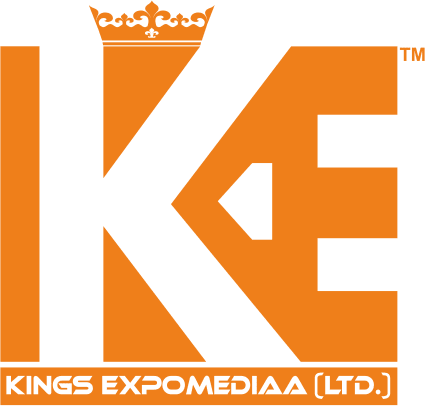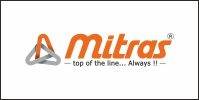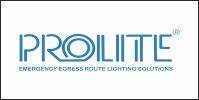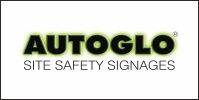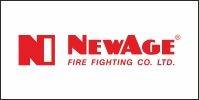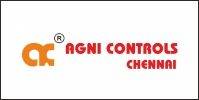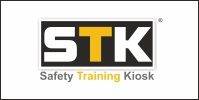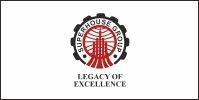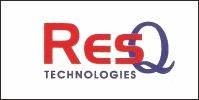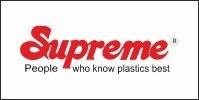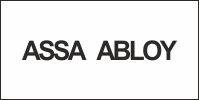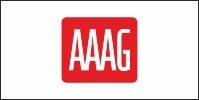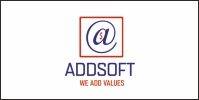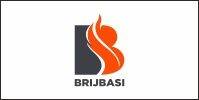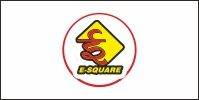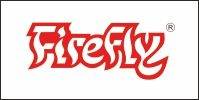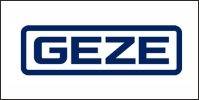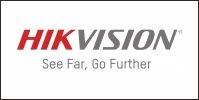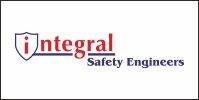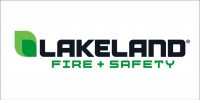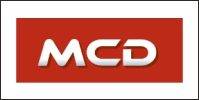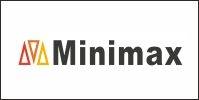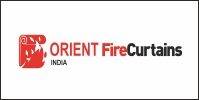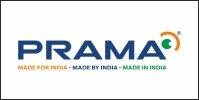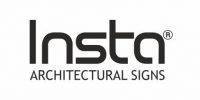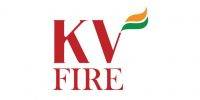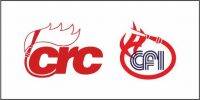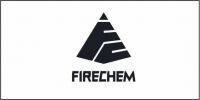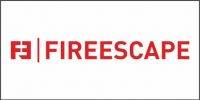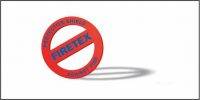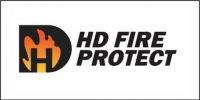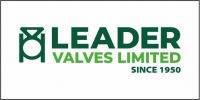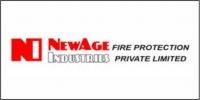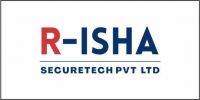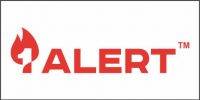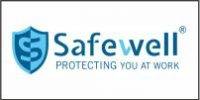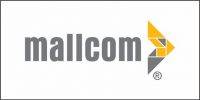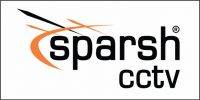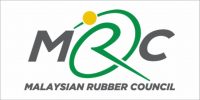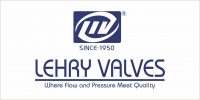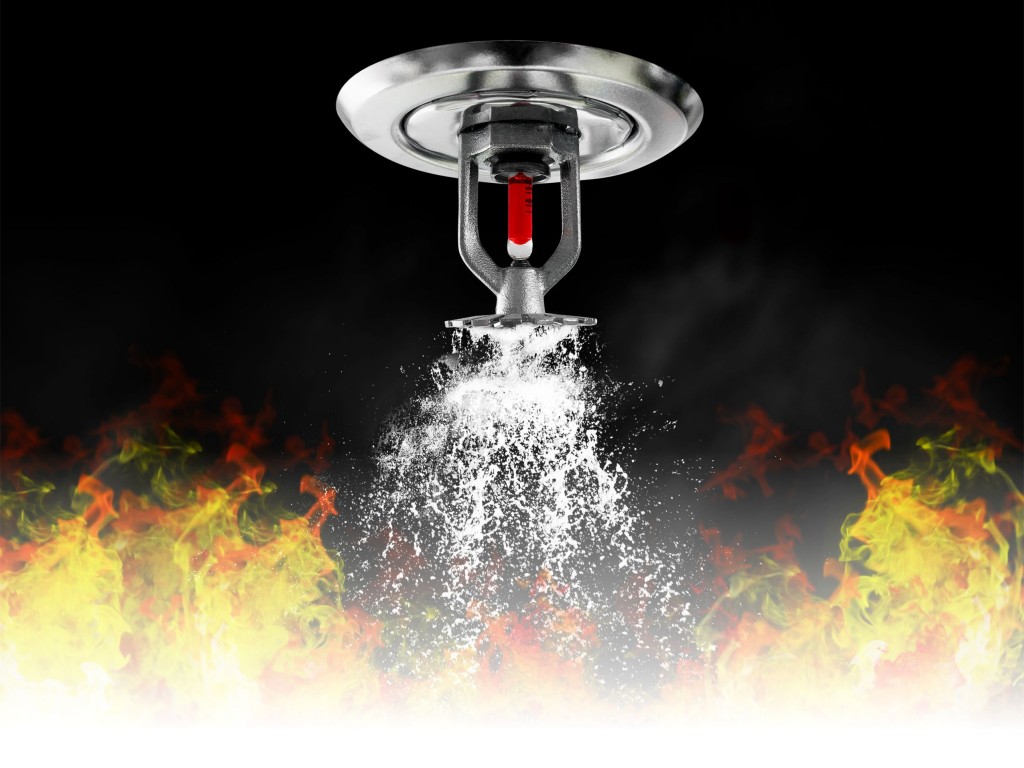 Fire Equipment Training
Fire Equipment Training
Effective Training
We can simulate A, B and C class fires at four difficulty levels and have the capability of grading trainees on their performance. Hundreds of trainees can be trained in a single day without weather restrictions, EPA environmental issues or the mess of using conventional training methods.
Safe Atmosphere
Total Fire & Safety Inc. incorporates the latest technology, utilizing digital flames with laser or water training extinguishers.
Program Advantages
- Makes training to OSHA requirements safe and easy
- Allows training to take place entirely indoors: in the conference room, hallways, or in the actual work environment where the emergency would potentially take place
- Has the ability to grade users, making it easy to monitor improvement and proficiency
- No toxic waste or extinguisher residue left behind after training is complete
- A burn permit is not required while eliminating the hazards associated with conventional fire extinguisher training.
Fire Sprinkler System Inspections
Properly installed and maintained automatic fire sprinkler systems help save lives. Because fire sprinkler systems react so quickly, they can dramatically reduce the heat, flames and smoke produced in a fire.
Superior field service is a fundamental strength of Total Fire & Safety and has made us the preferred service provider for thousands of customers. We offer the full range of scheduled fire sprinkler inspections and maintenance services, as well as 24-hour/365-day emergency service.
We service sprinkler systems in commercial structures. We also test fire hoses. Our technicians are highly trained and state certified. Our service trucks carry everything needed to get the job done right. Various parts of fire sprinkler systems must be tested at different intervals per NFPA 25.
Below are some of the items tested during an inspection:
- Are systems functional upon arrival?
- Are gauges good and reading correctly?
- Are main control valves open?
- Do control valves operate through full range?
- Valves are lubricated as needed.
- Are there extra sprinkler heads in cabinet?
- Is the building heated in wet sprinkler area?
- Are the water motor and gong functional?
- Is the electric alarm test satisfactory?
- Are the alarm devices functional & free of damage?
- Is stock and storage 18" below the sprinklers?
- Alarm time delayed in seconds?
More testing depending on system typeYour children and your property safe from fire and disaster with easy preventative steps. Also should an emergency arise, Total Fire and Safety can educate you, your family or your employees on what to do, where to go and how to keep yourself and others safe in an emergency.
There is lots of safety equipment and technology that can prevent disasters as well as minimize the damages. These technologies are all available through Total Fire and Safety:
- Fire Alarms
- Sprinkler Systems
- Fire Pumps
- Backflow Prevention Plumbing
- Fire Extinguishers
- Emergency Lights
- Fire Suppression Systems
- First Aid
Matter what kind of business you own or manage, October is also the perfect time to remember how devastating fire can be, and how important it is to be ready for an emergency. A fire can cause serious damage to your company's facility and equipment, not to mention employees! This is as good a month as any to make sure you have these five 'checks' taken care of within the boundaries of your office and/or facilities.
1. Are your fire hazard risks assessed properly? Some businesses have greater fire risks than others, but there are very few businesses that have none. They all need to be properly assessed so the proper prevention can be implemented accordingly. Some local governments offer fire marshal visits, or workplace fire risk assessment guidance from your building's property manager. A commercial fire safety firm can also help you mitigate problems.
2. Do you have emergency plans in place? Do you have an evacuation plan and do your employees know what to do in case of a fire? Do they fire training, so that they know how to use fire extinguishers, and when to use them?
3. Do you have the right fire protection equipment installed? Your fire safety equipment needs likely include sprinkler systems, but you might need more to be up to code or compliant with regulations. Industries dealing with machinery that overheats or flammable substances might need a suppression system tailored to your business.
4. Do you have scheduled routine equipment inspections? Even if you have the right sprinkler systems, fire extinguishers, and suppression systems, they also need routine inspections (at least annually) to keep everything in working order. Know what tests you can do yourself, and which require professional visits from fire alarm technicians.


